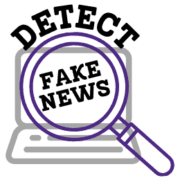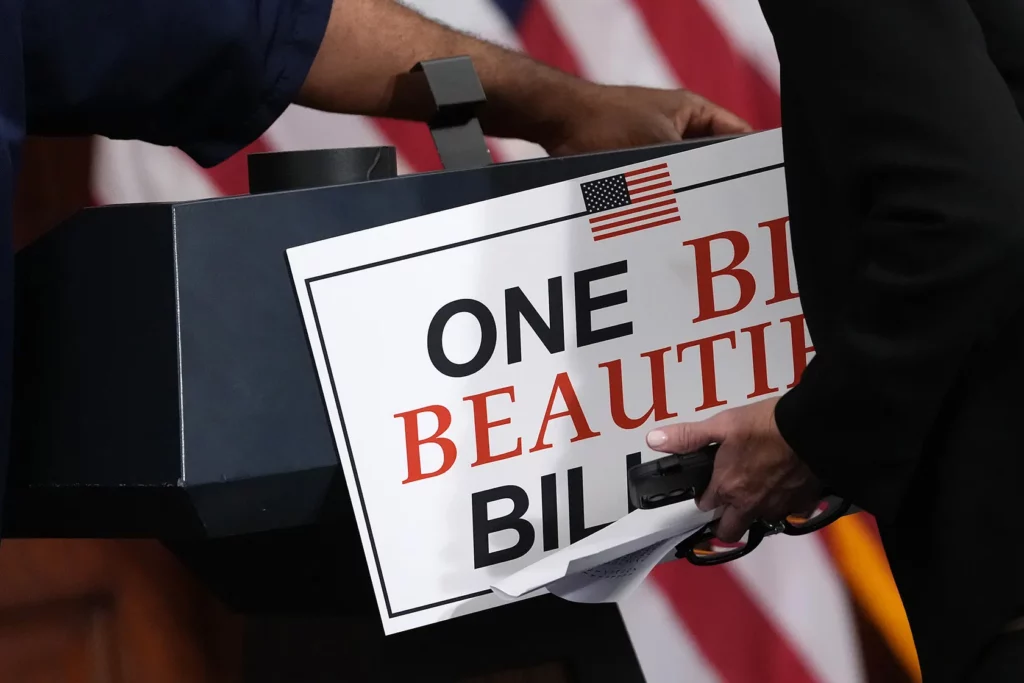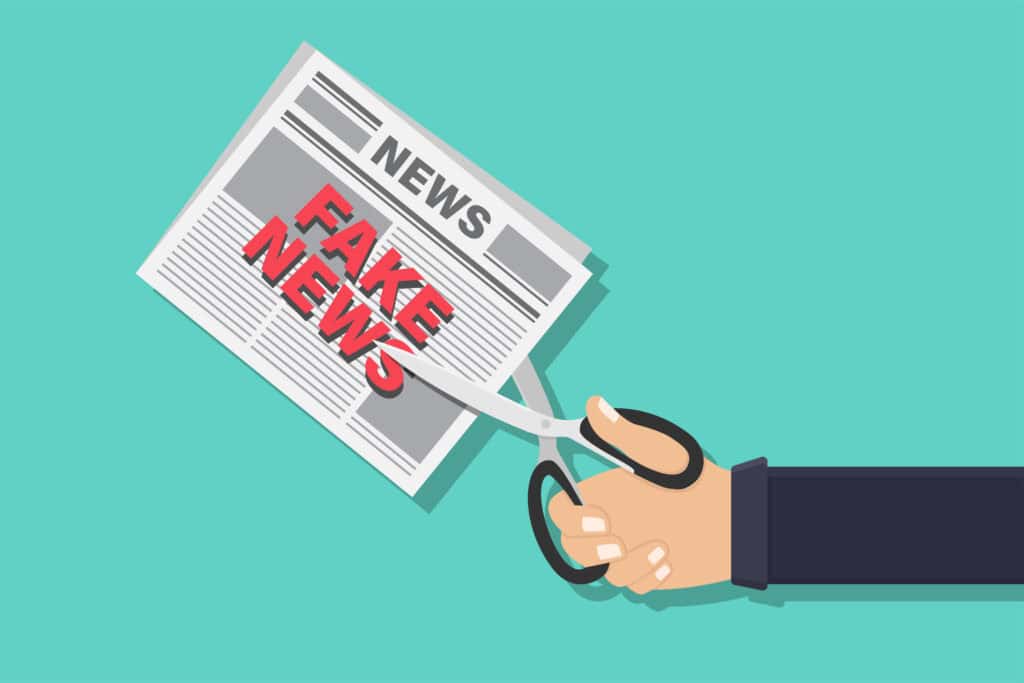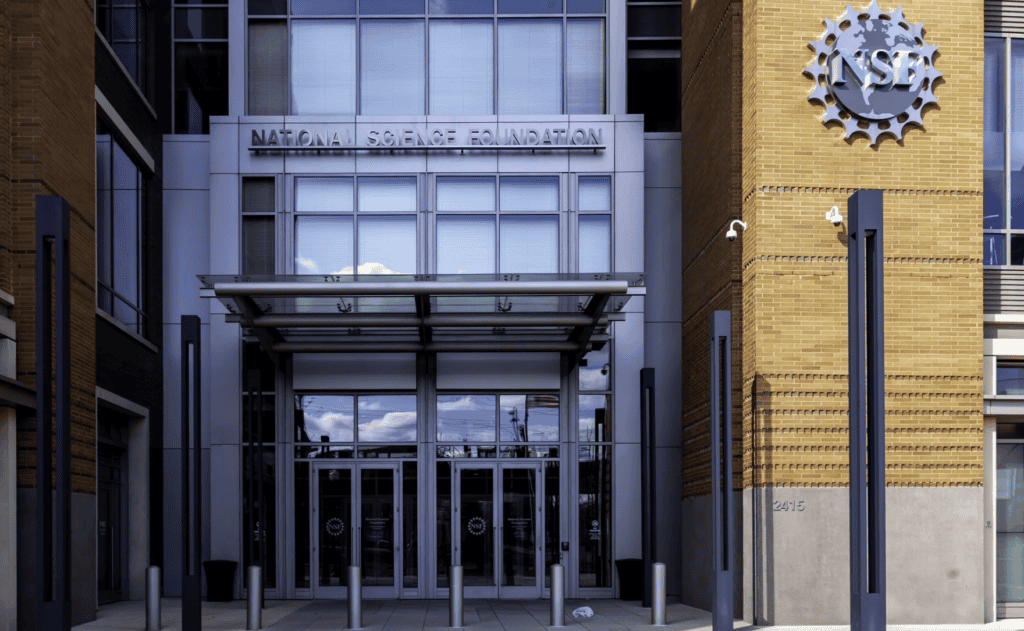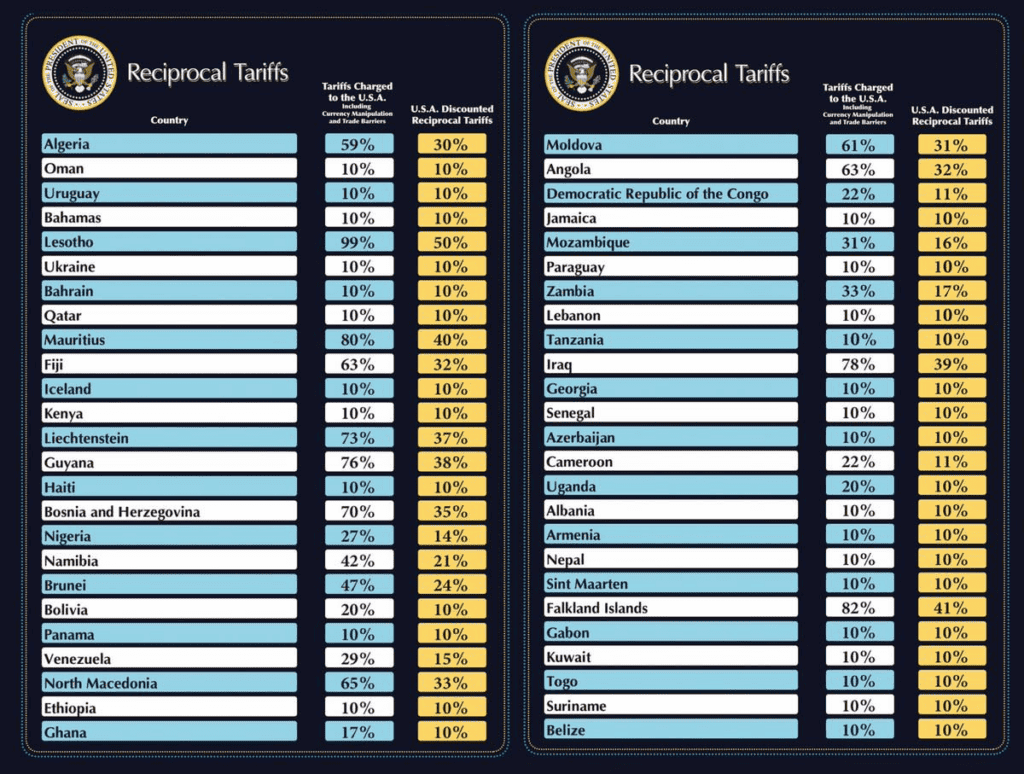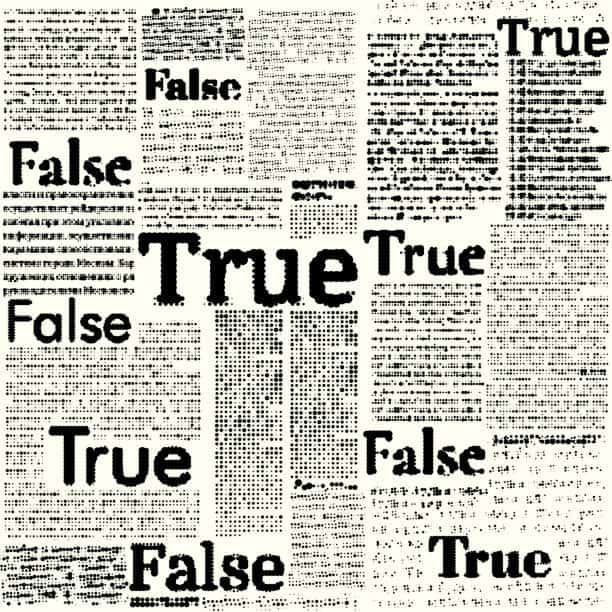The Misinformation Fallout and Legal Defiance Behind the Kilmar Abrego Garcia Case
The deportation of Kilmar Abrego Garcia, despite court orders, sparked national outrage and legal battles. His case became a symbol of alleged government overreach and the breakdown of immigration due process.
